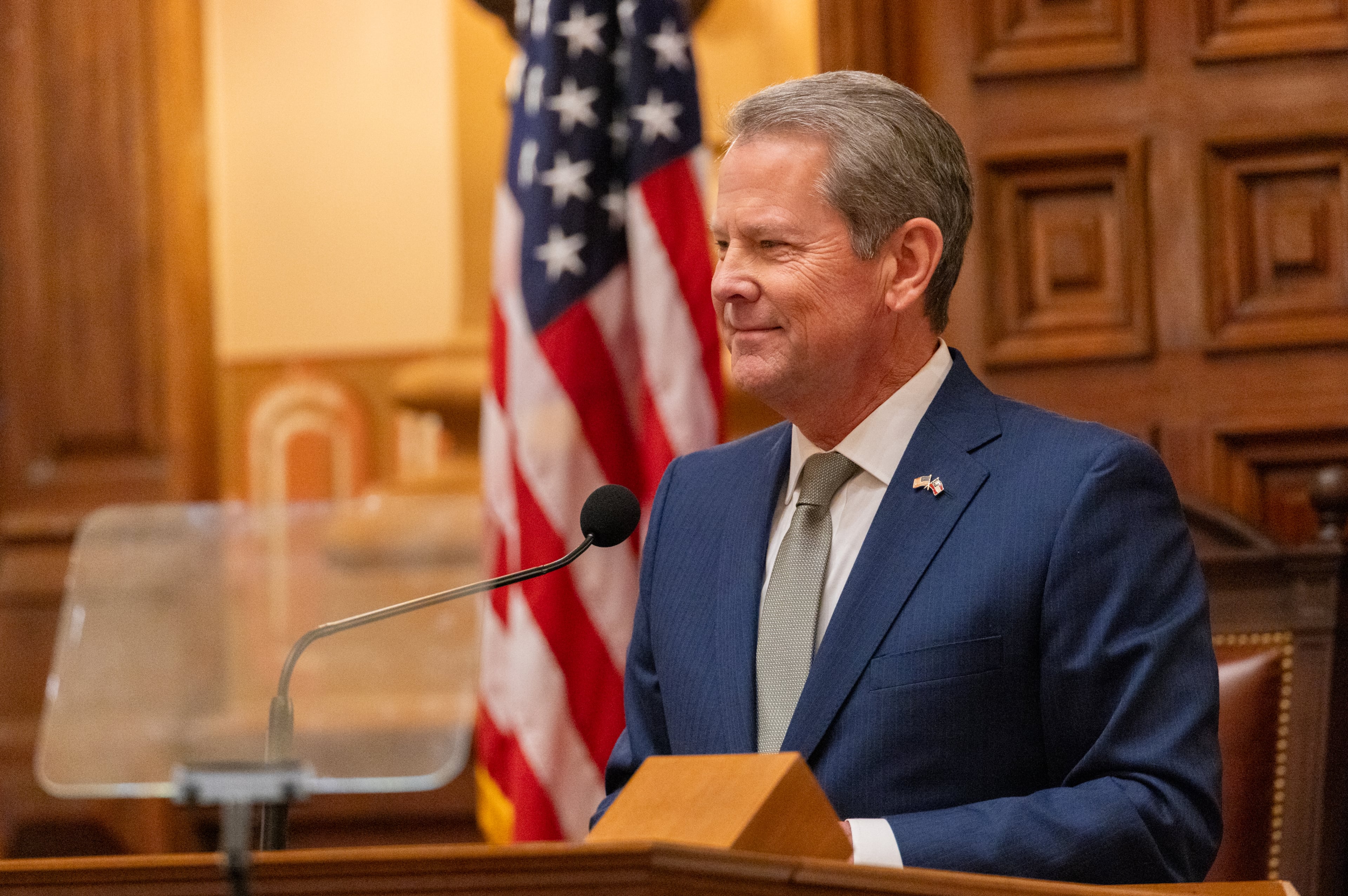A death and a drug bust kill the club scene’s party vibe in ‘Great Black Hope’

Atlanta native Rob Franklin has delivered a dazzling literary debut with his novel “Great Black Hope” (Summit Books, $28.99), a zeitgeisty social commentary on race and class among a rarefied subculture of New York City and its intersection with the legal system and the media.
Think “Bonfire of the Vanities” meets “Bright Lights, Big City” for the pre-pandemic era.
Smith is a gay, Black Stanford grad from a wealthy family in Atlanta, working at a startup in Manhattan. His closest friends are his roommate, Elle, the Black daughter of a neo soul icon, and Carolyn, a white socialite. Both beautiful and privileged, they are Smith’s entrée to a glittery social scene of private parties, club nights and “afters” ― an endless string of late-night after parties fueled by coke, booze and sex.
When “Great Black Hope” opens, Elle has died under mysterious circumstances, and Smith is arrested for cocaine possession at a club in the Hamptons. The novel spans less than a year, beginning with his arrest on the last day of summer, not long after Elle’s body is found washed up by the river, and it ends the following spring when his legal case is resolved.
Between those two events, Smith has a lot to reckon with as he comes to terms with Elle’s death and tries to clean up his act to avoid jail time. While attending AA meetings and sessions with a hack therapist, he wrestles with questions surrounding Elle’s fate and how well he really knew her. And along the way, he skewers modern culture with biting commentary on everything from the culinary world and recovery culture to the club scene and celebrity worship.
Franklin’s novel captures in exquisite detail that phase of life for a certain class of twentysomethings when life revolves around partying into the wee hours and random hookups.
Smith admits suffering from “an unspecified malady, a desire for the night. He loved anticipating it all day with an eye on the clock. He loved preparing for it: the hot shower, the mound of discarded clothes on his bedroom floor, selves shed or decided against. He loved the huddled musk of bodies in a crowded restaurant, the slink of a martini glass … girls in their barely-there dresses, faces meeting over a flame; how there was always another party…”
Nevertheless, even when he’s in the midst of these raucous gatherings, Smith feels alienated and alone as he passively drifts in the wake of his friends’ sex-and-drug-fueled exploits.

Beneath Smith’s placid surface festers a quiet rage. He recognizes his social cachet is dependent upon others, and he could lose it with a single misstep. For him, the stakes are higher, and the consequences have more repercussions. At the same time, he’s aware of the role he serves.
“Being wealthy and white had, of late, become unfashionable, at least without the veneer of multiculturalism,” he observes. “One could not seem worldly if one’s world constituted only the boarding school set, so they looked to Smith — as to the other brown, queer interlopers who passed through their parties — as a guide to an exotic landscape.”
As the consequences of a careless life rack up, Smith begins to consider the nuances of addiction and what separates it from the club scene’s desire for a good time. Compelled to remain sober so he can deliver a series of clean urine samples to the courts, Smith begins to view the party scene and the drama generated by his friends’ bad decisions through fresh eyes.
But perhaps nothing signals to him more clearly that the party is over than a moment that occurs near the end of the book when Smith returns to New York from an extended holiday stay with his family in Atlanta. Searching for his friend Carolyn, he visits a favorite haunt and discovers that all the familiar faces have been replaced by younger ones.
Franklin has a lot to say about privilege and wealth ― and how the source of that wealth, as well as race, gender and sexuality, influence social hierarchies. But “Great Black Hope” is also just a great yarn about youth, friendship and the cringey, risky messiness of young adulthood. And it’s told with thrilling verve by an exciting new voice on the literary landscape.
Charis Books & More and the Georgia Center for the Book present Rob Franklin in conversation with Doug Jones, author of “The Fantasies of Future Things,” at Decatur Library on June 9. For information, go to georgiacenterforthebook.org.
Suzanne Van Atten is a book critic and contributing editor to The Atlanta Journal-Constitution. She may be reached at Suzanne.VanAtten@ajc.com.


